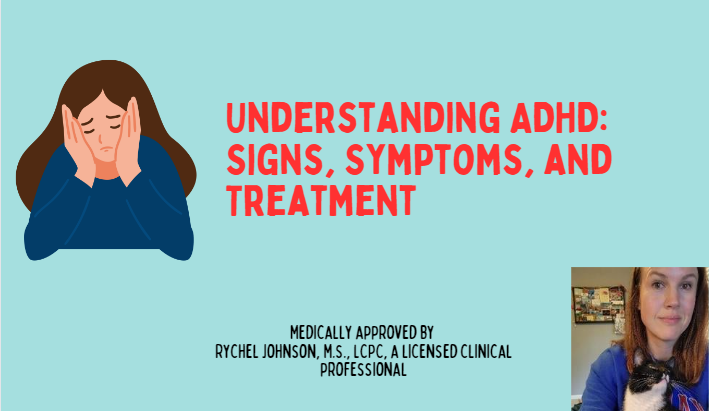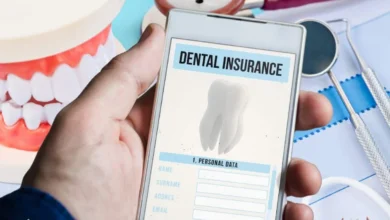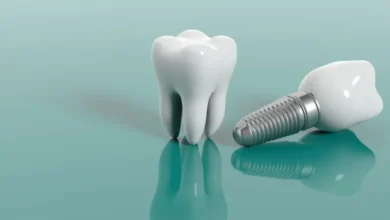Understanding ADHD: Signs, Symptoms, and Treatment

Attention Deficit Hyperactivity Disorder (ADHD) is a neurodevelopmental disorder that affects both children and adults. It is characterized by persistent patterns of inattention, hyperactivity, and impulsivity that interfere with daily functioning. In this comprehensive guide, we’ll delve into what ADHD is, common signs and symptoms, and various treatment methods available for managing this condition.
Individuals with ADHD may struggle with maintaining attention on tasks, organizing activities, and completing tasks. They may also exhibit hyperactive and impulsive behaviors, such as restlessness, excessive talking, difficulty staying seated, and impulsive decision-making.
ADHD is diagnosed through a comprehensive evaluation that includes a review of symptoms, medical history, and behavioral assessments. While the exact cause of ADHD is not fully understood, it is believed to involve a combination of genetic, environmental, and neurological factors.
Treatment for ADHD typically involves a combination of medication, behavioral therapy, education, and support. Stimulant medications, such as methylphenidate and amphetamines, are commonly prescribed to help manage symptoms by increasing levels of neurotransmitters in the brain. Behavioral therapy, such as cognitive-behavioral therapy (CBT) and behavioral parent training, can help individuals develop coping strategies and improve organizational skills.
Overall, ADHD is a complex disorder that requires comprehensive evaluation and individualized treatment. With appropriate support and management strategies, individuals with ADHD can learn to manage their symptoms and lead successful lives.
Contents
Defining ADHD
- ADHD is a complex neurodevelopmental disorder characterized by difficulties with attention, hyperactivity, and impulsivity.
- It affects approximately 5-7% of children and adolescents worldwide, with symptoms often persisting into adulthood.
Recognizing Signs and Symptoms
- Inattention: Difficulty sustaining attention on tasks, making careless mistakes, and frequently losing items necessary for tasks or activities.
- Hyperactivity: Restlessness, excessive fidgeting or squirming, difficulty remaining seated, and excessive talking or interrupting others.
- Impulsivity: Impulsive decision-making, difficulty waiting for one’s turn, and frequently interrupting conversations or activities.
- Forgetfulness: Forgetfulness in daily activities, such as forgetting to complete tasks or fulfill responsibilities, and frequently losing or misplacing items.
- Poor time management: Difficulty managing time effectively, leading to lateness or missed deadlines.
There are many adhd tests that will help identify this disease in time.For example adhd test free from Breeze.
Diagnosis and ADHD Testing
- Diagnosis of ADHD typically involves a comprehensive evaluation by a qualified healthcare professional, including a review of symptoms, medical history, and behavioral assessments.
- ADHD tests, such as standardized rating scales and questionnaires, may be used to gather information about the individual’s symptoms and their impact on daily functioning.
- Online ADHD tests are available for self-assessment, but these should not replace a formal evaluation by a qualified healthcare provider.
Treatment Options
- Medication: Stimulant medications, such as methylphenidate and amphetamines, are commonly prescribed to manage symptoms of ADHD by increasing dopamine and norepinephrine levels in the brain.
- Behavioral therapy: Behavioral interventions, such as cognitive-behavioral therapy (CBT) and behavioral parent training, can help individuals develop coping strategies, improve organizational skills, and address specific challenges related to ADHD.
- Education and support: Education about ADHD and support from healthcare providers, educators, and family members can play a crucial role in helping individuals with ADHD manage their symptoms and thrive in various areas of life.
- Lifestyle modifications: Healthy lifestyle habits, such as regular exercise, adequate sleep, and a balanced diet, can help manage symptoms of ADHD and improve overall well-being.
Seeking Help and Resources
- If you suspect you or a loved one may have ADHD, it’s essential to seek guidance from a qualified healthcare professional for a comprehensive evaluation and appropriate treatment recommendations.
- Numerous resources, including support groups, educational materials, and online articles, are available to provide information and support for individuals and families affected by ADHD.
In conclusion, ADHD is a complex neurodevelopmental disorder that can significantly impact daily functioning. However, with proper diagnosis, treatment, and support, individuals with ADHD can learn to manage their symptoms effectively and lead fulfilling lives.



